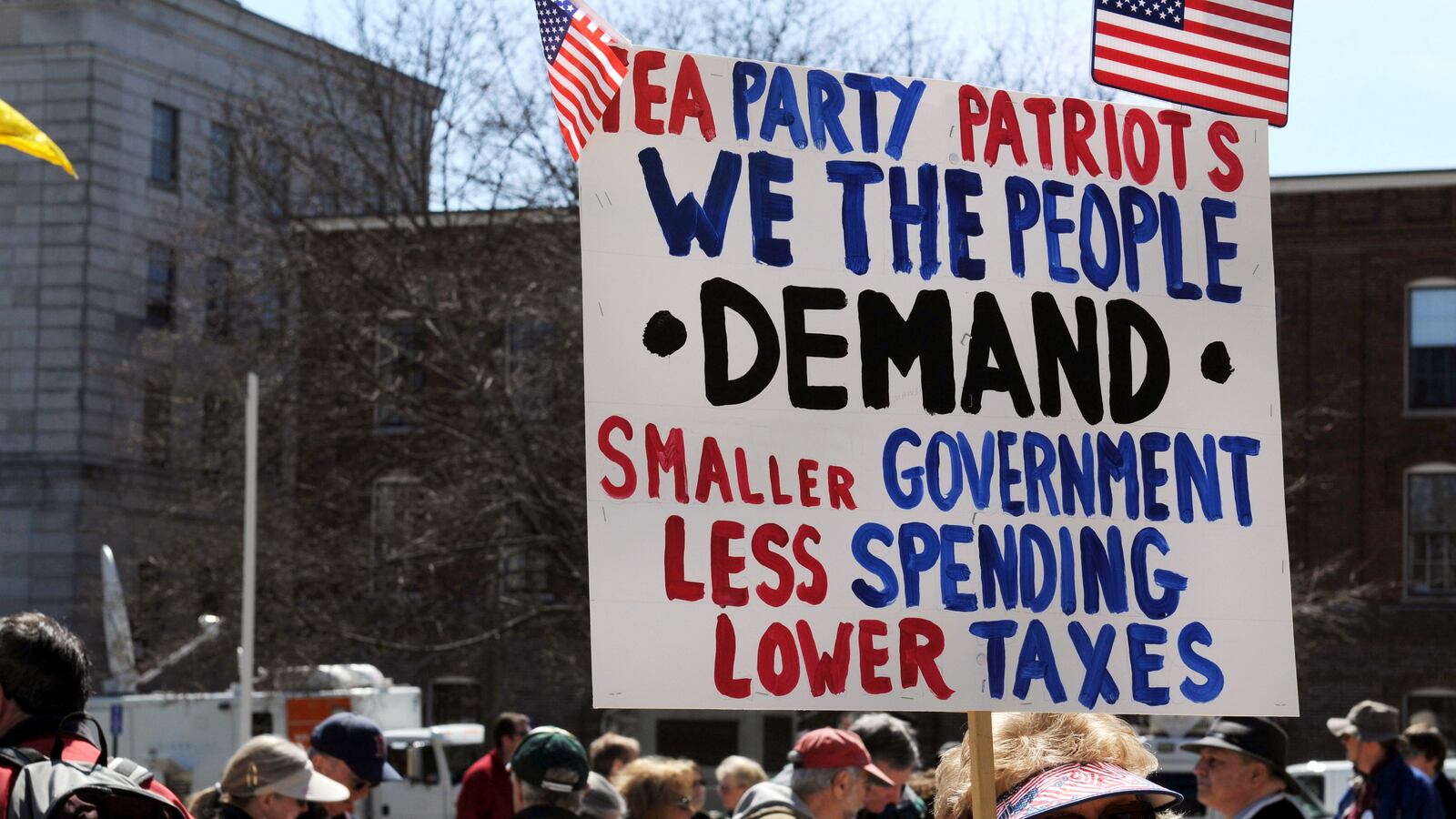
The Legatum think tank releases its 2012 index of world prosperity. The libertarian-leaning British group wishes to broaden the definition of prosperity beyond GDP. In an op-ed in the Wall Street Journal, president Jeffrey Gedmin and program director Nathan Gamester explain:
The index identifies eight "foundations" for national success, including factors such as effective and accountable government, personal freedom, national security and personal safety. The news is not good for America. Across the eight components that make up the Index, the U.S. declines in five, including the economy, personal freedom, and entrepreneurship and opportunity. The biggest fall is in entrepreneurship and opportunity, which has declined eight places in the last four years. Businesses' start-up costs are rising in the land of pioneers and patents. Fewer Americans believe that working hard will get them ahead.
So far, this sounds like a gratifyingly familiar conservative indictment of the Obama administration. And the authors certainly do point Journal readers in that direction.
the Index confirms what experience tells us. Decent, accountable government, rule of law, competition, opportunity and a regulatory environment and culture that promote liberty, responsibility and entrepreneurship are drivers of prosperity everywhere.
It is up to U.S. voters to decide next week whether Barack Obama or Mitt Romney have the right compass for America's journey forward. We think the data of the 2012 Prosperity Index may offer a helpful map—and some warnings about the road ahead.
OK, got it. I'm braced. Which free-market society tops the list?
Norway.
What???
Norway? That socialist hellhole? Where entrepreneurs pay a tax rate 33% higher than they do in Massachusetts? (Reports INC.) Where the government controls the country's largest industry, where they run probably the world's most generous welfare state? Where they publish all tax returns on the Internet to deter cheating? That Norway?
Oh well, Norway is a petro-state and oil prices have been high. We can dismiss this as an aberration. Who's number two? Denmark. And three? Sweden. The rest of the list: Australia, New Zealand, Canada, Finland, Netherlands, Switzerland, and Ireland. The US ranks at 12th.
As with all lists, you can quibble. What's deeply depressed Ireland doing among the top 10 on a prosperity index?
Still, there's no gainsaying: the top 10 countries listed all are prosperous. Most have fared better through the global economic crisis than has the United States. All are also more regulated and taxed than the USA - and in particular, all impose regulations on the banking sector compared to which Dodd-Frank seems a banker's bill of rights. All have universal health coverage. Most offer much plusher social insurance deals than the United States. I may be wrong on this next point, but I'm fairly certain that all 10 have a value-added tax too. Certainly, none display the concentration of wealth we see in the United States. In other words, all look much more like followers of Barack Obama's presumed vision than like Mitt Romney's.
Not that this should count as an endorsement of the Obama vision! Maybe more relevant than any public policy choice is the fact that half the countries on the list - Norway, Sweden, Australia, New Zealand, and Canada - are major produces of natural resources and commodities, at a time when global resource and commodity prices are high.
But if the list does not in itself support the Obama vision, it surely offers little comfort to the Romney vision. And yet the authors and promoters of the Legatum study strongly indicate otherwise. Surely one of the strangest phenomena of 2012 is the inability of so many intelligent and informed people to see what is happening in front of their noses - joined to an even more disturbing habit of perceiving as real things that are not happening? Maybe somebody could even do an index of where that problem is most acute. On any such list, the editorial page of the Wall Street Journal would deserve a place of honor.






